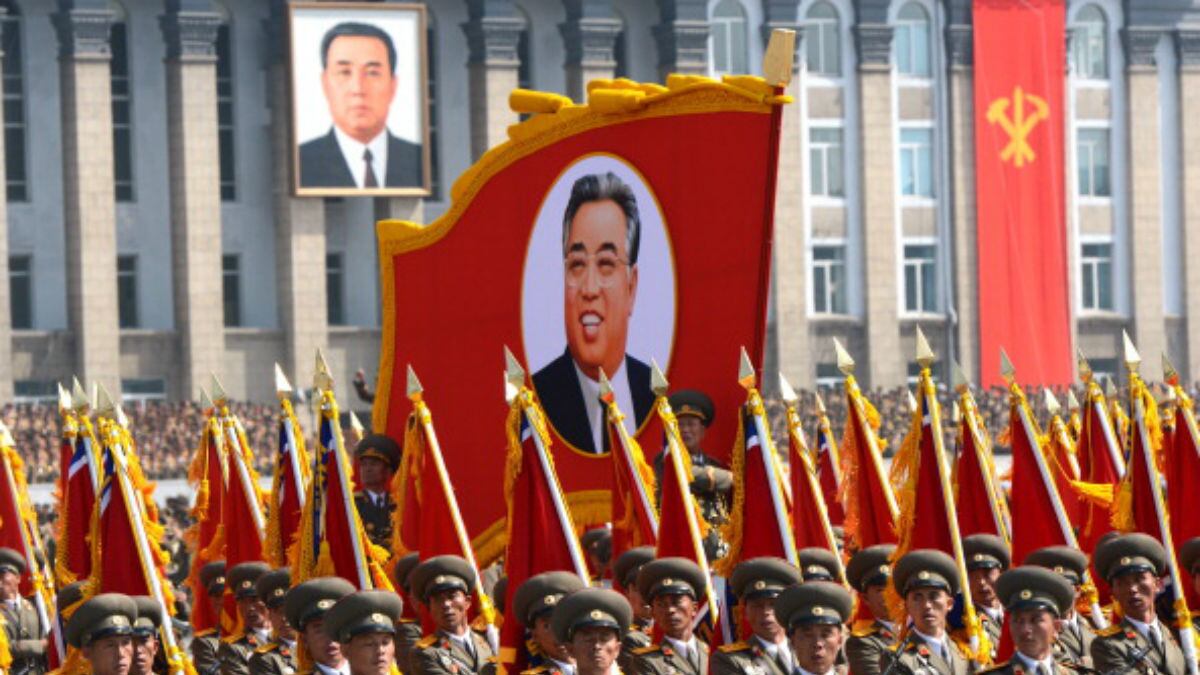
Michael Moynihan eviscerates the left-wing apologetics that appear in popular travel guides. In these handbooks for travelers and tourists, the more corrupt and economically backward a nation is, the more 'authentic' the travel experience. Dictators are merely misunderstood, and higher living standards are a symptom of pernicious influences like "westernization".
Cuba's Secret Police? Just a benign neighborhood watch:
We've also apparently got it all wrong when it comes to Cuba's notorious Committees for the Defense of the Revolution (CDR), a Stasi-like network of neighborhood-level informers that monitors and informs on troublesome dissidents like Sánchez. Lonely Planet: Cuba thankfully assures tourists that the group is, in fact, a benign civic organization: The CDR are "neighborhood-watch bodies originally formed in 1960 to consolidate grassroots support for the revolution [and] they now play a decisive role in health, education, social, recycling and voluntary labor campaigns."
Vietnam gradually throwing off communist economics? A tragedy:
At the same time, formerly totalitarian countries that have undergone market reforms and economic growth are often upbraided by guidebook writers for betraying their revolutionary ideals. As living standards rise in Asia, the authentic travel experience is harder to come by. Writing on the Rough Guides website a few years ago, Ron Emmons, co-author of The Rough Guide to Vietnam, expressed his disappointment at the diminished power of the communist economy in Hanoi, sighing that his "first impression of Vietnam was a Pepsi advert splashed across the side of a shuttle bus. After centuries of valiantly fighting off invaders by land, sea and air, Vietnam had finally succumbed to western influences."
Pyongyang, the capital of the Stalinist dictatorship of North Korea? It's surprisingly peaceful when no one owns any cars:
Even more surprising is the existence of guidebooks for walled-off North Korea, where government chaperones hover over every aspect of a traveler's itinerary. Lonely Planet, which offers a small section on the Hermit Kingdom in its South Korea book, saw in the late North Korean leader Kim Jong Il (who routinely announced his intention to engulf Seoul in a "sea of fire") a "pragmatism and relative openness to change." And Bradt, a British publisher that offers the only dedicated English-language tourists' guide to North Korea, positively effuses about the desolate, gray capital of Pyongyang as "a city without parallel in Korea, or Asia."
In sunlight, the streets and squares, without a fleck of dust, can literally dazzle.… Pyongyang reputedly has 58m2 of green belt per citizen -- four times the amount prescribed by the United Nations, and in spring its hills heave with green.
The whole piece is worth a read.




